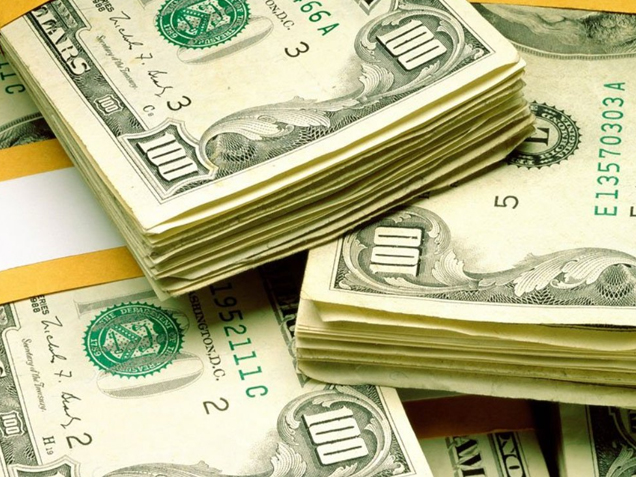As the country grapples with a slump in oil prices that has slashed government revenues, the Debt management Office has released the current debt profile of the country.
According to the DMO, the debt profile of Nigeria has increased to 12.60 trillion naira ($65.42 billion) as of December 2015, up from 11.2 trillion naira in 2014.
The debt office said on its website that foreign bonds and loans stood at $10.7 billion at the end of December, equivalent to about 16 percent of total debt and up from $9.71 billion at the end of 2014.
Africa’s biggest economy is planning to borrow as much as $5 billion to help fund its budget deficit due to the plunge in oil, which has also sent the naira currency into a tailspin.
The African Development Bank (AFDB) on Tuesday said Nigeria has asked the bank for a loan of $1 billion to help fund the deficit.
Nigeria expects a deficit of 3 trillion naira ($15 billion) in 2016, up from an initial 2.2 trillion naira ($11 billion) estimate.
But the continuous drop in oil prices has left Abuja’s ability to pay bills and fund new projects in doubt, with rising domestic debt obligations. Local debt rose to 8.83 trillion naira last year, up from 7.9 trillion naira in 2014.
In 2014, Nigeria rebased its GDP, almost doubling the size of its output to more than $500 billion to become the largest economy in Africa. But a weaker naira caused by the fall in oil prices has lowered its growth. Output for 2014 finished at $453 billion, leaving total debt at around 14 percent of GDP.
Finance Minister Kemi Adeosun said this week Nigeria had held exploratory talks with the World Bank and looked at options to borrow from the AFDB and China Exim Bank.
Adeosun said that about $4 billion might come from international institutions and the remainder from Eurobonds.
In December, President Muhammadu Buhari, presented a N6.08 trillion ($30.6 billion) budget for 2016 to parliament, an increase from 4.4 trillion naira for 2015, which Buhari’s hopes will help tackle an economic crisis confronting Africa’s top oil producer. Lawmakers aim to pass the budget this month.

